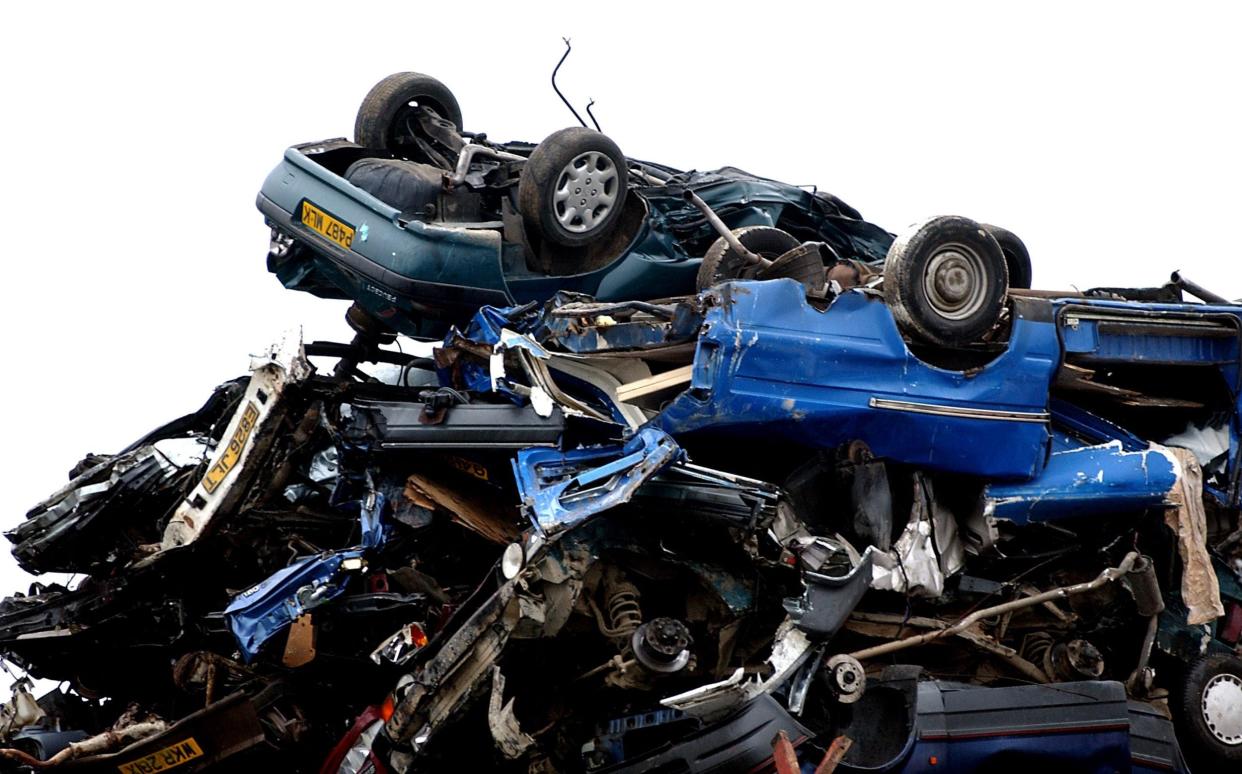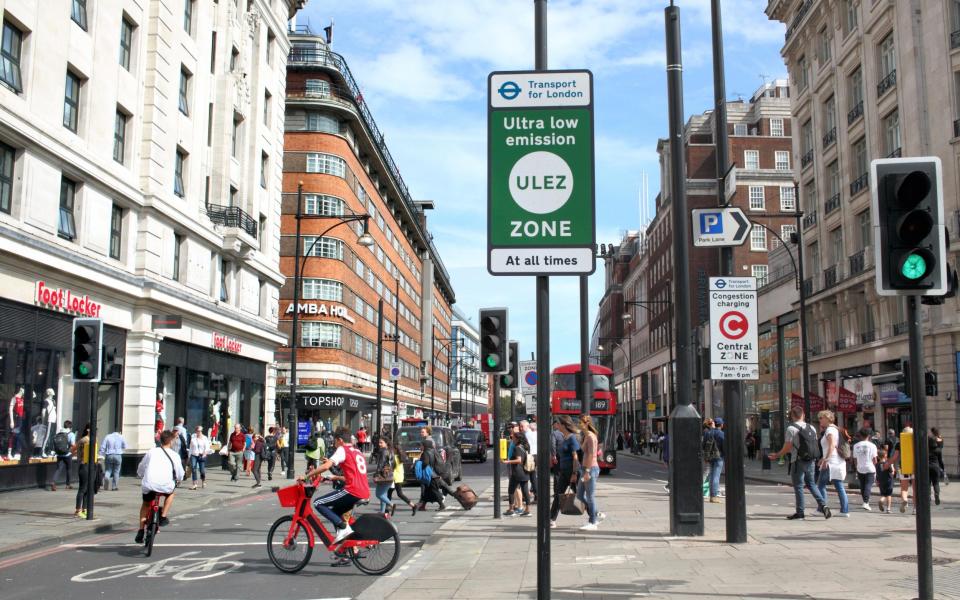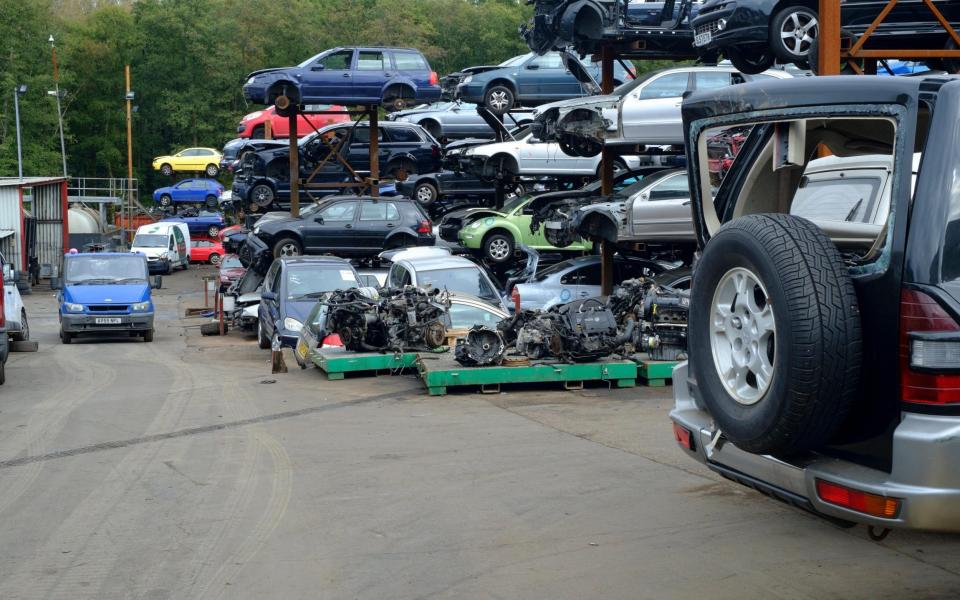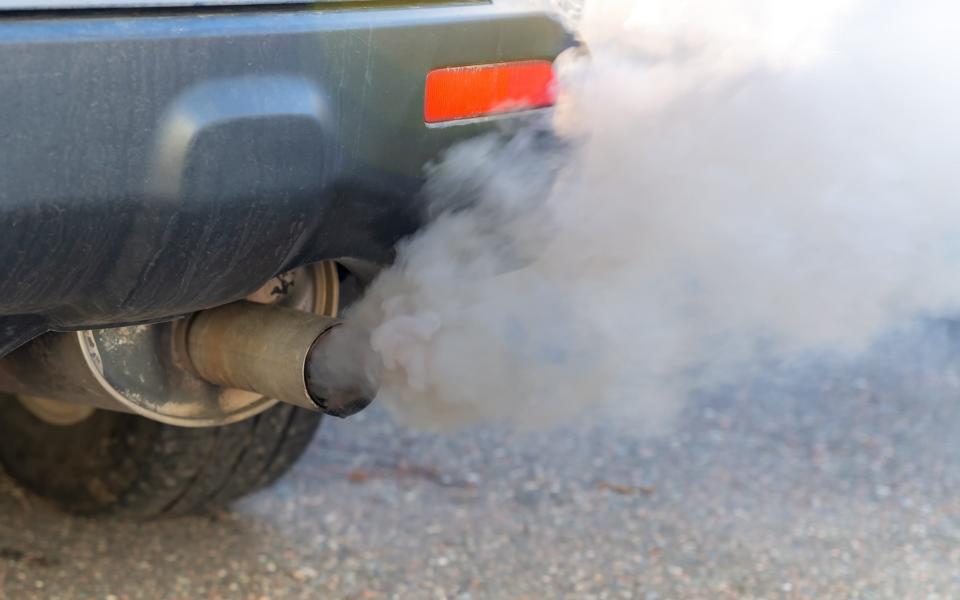The wasteful absurdity of ULEZ scrappage schemes

Cars and vans pollute our cities with toxic fumes. We can argue – endlessly – about how much of the dirty air in British towns comes from vehicle exhausts, the extent to which these chemicals and particulates are causing respiratory diseases and how much responsibility for this lies with individuals. But, in general, it’s fair to say that driving petrol and diesel cars in towns is contributing to pollution, which is making people ill.
Solving the problem of polluted cities is complex, especially after building our urban areas around the private car for the past century or so. One of many approaches has been the implementation of low-emission zones – areas where only electric cars and the latest, cleanest internal combustion-engined vehicles are allowed. If you want to drive into these large and growing zones without paying huge fees, you’ll need a compliant car. It’s a great idea in principle but makes life very complicated (and expensive) for poorer households.
Enter the scrappage scheme. Rolled out by several cities in the UK, these effectively bribe motorists out of their older, more polluting cars by offering a grant or cash incentive to have non-compliant cars scrapped. Remuneration packages vary – some include a combination of public transport tickets, vouchers for bicycles and money towards electric cars – but the principle is the same country-wide: take your old diesel estate to the breaker’s yard and get some money in return.
The disposable age
Destroying a perfectly good car seems, at first glance, like a colossal waste of resources. A machine with five or 10 more years’ life in it is worthy of preservation, you’d have thought, and scrapping it is antithetical to current environmental attitudes. In a world where plastic straws are unconscionable and takeaway coffee cups are becoming taboo, how can we accept “throwing away” a used diesel Ford Focus in otherwise good condition?

It isn’t actually as straightforward as that. Because unlike the single-use straw, a diesel hatchback is still a problem whenever it’s being driven. Yes, you can compare the guesstimated carbon released during manufacture with the approximate tailpipe emissions during use, and do a sort of crude cost-benefit analysis of buying a new car based on these two ballpark figures. But that only tells half the story. The low-emission zones being rolled out in cities across the UK are targeting locally harmful pollutants – the particulate matter that causes respiratory problems – as much as carbon dioxide. It’s difficult to meaningfully compare CO2 emitted in Saarlouis in 2004 with PM2.5s released in Plymouth tomorrow morning.
There’s also a significant question mark over the lifespan of cars once they reach banger territory. A viable but non-compliant diesel car (usually conforming to Euro 5 emissions regulations or older;most Euro 6-compliant diesels are exempt from charges) might well have 10 years of life left with careful ownership, in which case an owner within or near a ULEZ zone could sell it on to a buyer further afield. The grant money is only attractive to owners of cars that would be worth less in the classified adverts – and with the going rate for scrappage grants being £2,000, we’re probably talking about pretty ropey examples. If a car is at least 10 years old and worth £2,000 or less, it’s probably destined for the scrapheap in the next five years anyway.
There are some exceptions, of course. A small charity I volunteer with owns a leggy but serviceable Mitsubishi L200 pickup truck, worth about £3,500 as a used buy but worth £5,000 to us if we scrap it. A farmer could get another few years out of it, somewhere more rural and less vulnerable to the build-up of harmful local pollutants, but instead it’ll be recycled before the ULEZ expansion this August.

There isn’t yet an electric vehicle on the market that could adequately replace that ageing Mitsubishi, so realistically the £5,000 will go towards the cost of a slightly newer, slightly cleaner diesel pickup truck. The overall impact of this process is up for debate.
What happens to a vehicle when it’s scrapped?
“Scrapping” is a very crude word for what happens to a vehicle at the end of its life. About 95 per cent of a car can be recycled in some way, which is why even a clapped out banger has some monetary value, and why destroying a car can’t really be compared with throwing a plastic cup into landfill.
Once the fuel, brake fluid and other harmful chemicals are removed, components like the catalytic converter (which contains expensive minerals) and any reusable parts are removed for recycling and reuse. Only then is the car crushed, with the metals being sifted apart, ostensibly leaving only five percent of the car as waste.
Why do people still need cars?
Oliver Lord is head of strategy at the Clean Cities Campaign, which has been pressing for excluding petrol and diesel cars from cities for years. But even he recognises that driving is a necessity for many households, even on the outskirts of big towns.

“From our campaigning perspective, we want to see not just newer cars, but we want to see fewer cars,” says Lord. “We’d love to see offers on vehicle sharing schemes, car clubs and electric bikes – which are obviously more expensive than normal bikes. But I’m also acutely aware that we’ve built our polluted cities around the car for decades now. And there are people who are sadly still very dependent on the car.
“That’s where it becomes a philosophical debate. You can be a policy purist and have conditions on what you can spend that money on. But we are talking about working class families, people on the breadline, and the last thing they want the state to be doing is telling them how to spend the money that they’re receiving as well.”
And, crucially, outside London – and even in some more peripheral parts of the capital – there isn’t enough public transport provision to plug the gap left by private car ownership.
“We’re losing 1,000 bus services in a year,” says Lord. “Look at the state of the railways at the minute. We’re asking people not to use their cars, and we really need to make sure the alternatives are attractive. I don’t really see that happening.”

 Yahoo News
Yahoo News 
